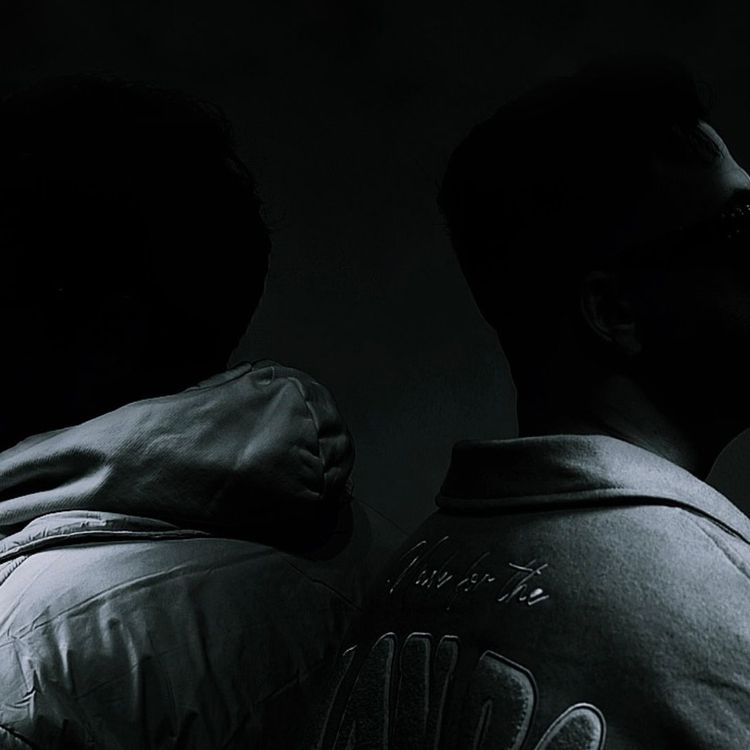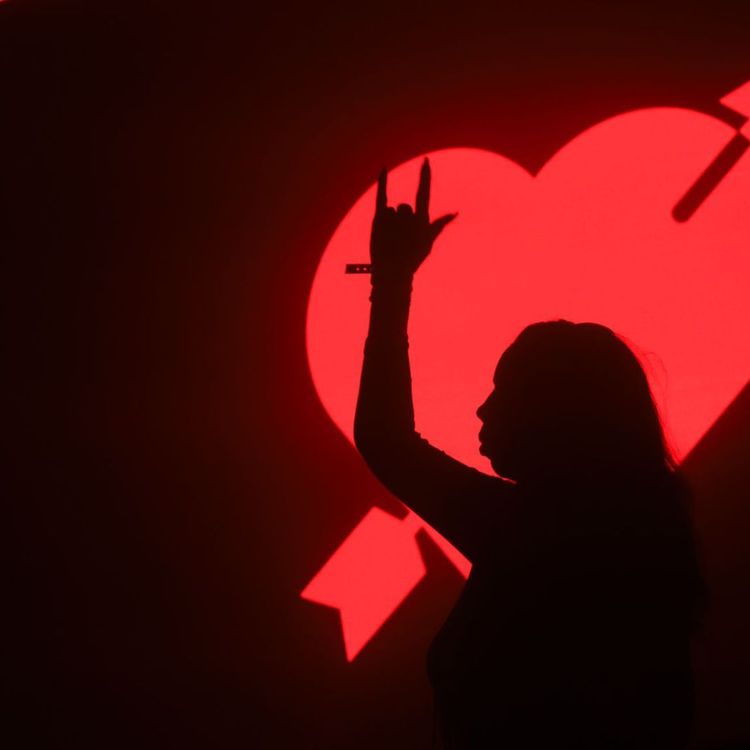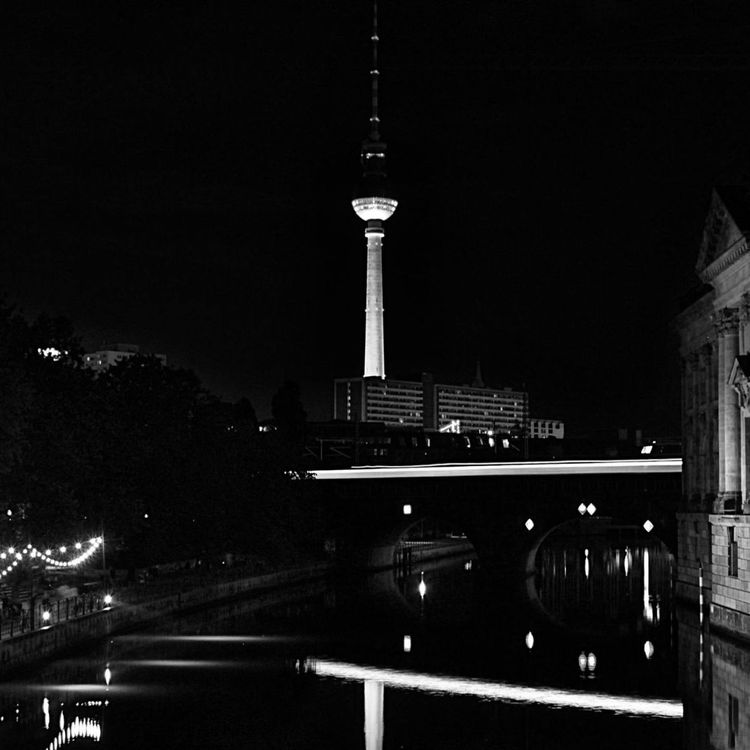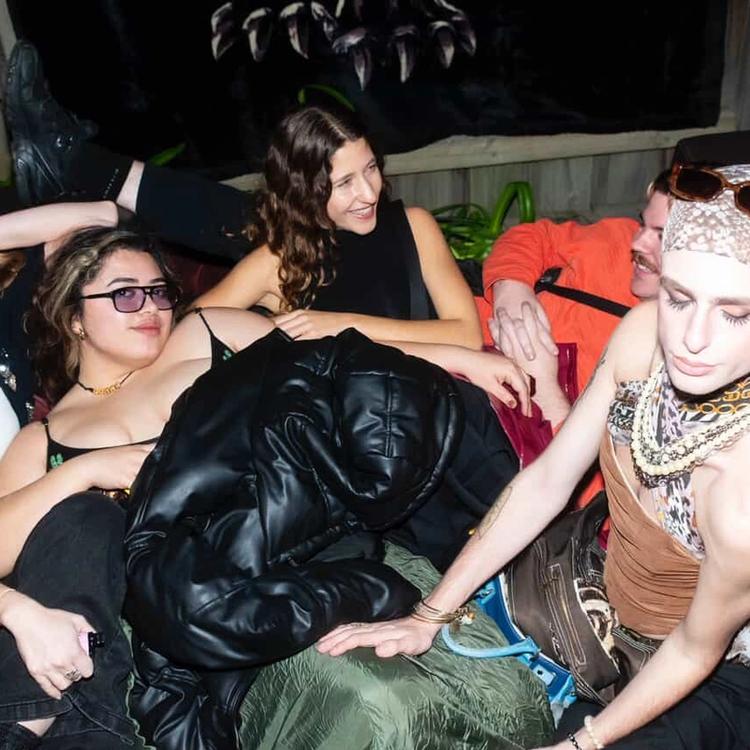In the Studio with BEC: Charting New Techno Territory
BEC has been on the come up as one of the most stirring and influential talents in the global techno scene. Hailing from the UK but now firmly entrenched in Berlin's underground culture, BEC's meteoric rise from fresh face to headliner is nothing short of grand. Discovered by Pan-Pot and quickly snapped up by top labels like Second State, Drumcode, and Intec, her tracks have become staples in the sets of techno heavyweights like Carl Cox and Adam Beyer.
In this exclusive interview, BEC takes us deep into her world, sharing the highs and challenges of her artistic journey. She talks about how the energy of Berlin has minted her sound, her meticulous studio process, and the raw, gritty vibe that defines her music, giving us a glimpse into the mind of a techno maverick. With her own label on the horizon and a packed schedule that includes iconic venues like Fabric and Awakenings, BEC is pushing techno into new territories while staying true to the authentic and intense essence that drives her sound

How did your move from the UK to Germany influence your music style?
The move from the UK to Germany was incredibly helpful for my music career. Being in Berlin ignited my passion, and being surrounded by like-minded individuals helped me to get super focused and inspired on my path. I met Pan-Pot, the DJ duo, here in Berlin, and their manager Marcus. I then joined Riverside Studios and got my own studio there, which allowed me to really focus on production and make it my absolute aim and goal in life to become a great producer. Fast forward to these years later, and I have luckily managed to achieve that.
I believe the move to Berlin was a key part of that journey for me. It really allowed me to focus on music because the city is such a freeing place where you can truly live your passion and be yourself, be authentic to who you are. It's filled with artists and creatives, so it was just an awesome place for me to come.
How has working with industry giants like Carl Cox, Adam Beyer, and Space 92 impacted your career?
Working with really notable artists and labels such as Carl Cox's Intec, Adam Beyer's Drumcode, Reinier Zonneveld’s Filth on Acid, Nina Kraviz’s Trip, and others has made me understand how the best and biggest labels in the business operate, and that gave me so much knowledge as an artist. The one thing that all these labels and their heads have in common is that they are very specific about what they like and the sound they want on their label.
They all know how to pick really good tracks and music. It's been super inspirational, and I don't think I would have gained as much knowledge had I not been able to release on labels like these. It's been amazing, and I hope to continue on that path, working with even more.
What inspired you to start your own label, and what do you hope to achieve with it?
I got inspired to start Embargo, my own label, because, quite honestly, I feel like people just aren't doing as much creatively with the concepts of their labels. I trained as a web designer, brand designer/creative director before I got into music, so I have a lot of knowledge on how to create in many other ways and mediums, like a multidisciplinary format. When I think of a label, I don't just think of the sound; I think of the meaning, the values, the mission, and the vision behind it.

I think about what sort of community I want to build and what sort of fans I want to bring on board with it. I consider every single thing down that pipeline of the creative process, and the artwork is such an important, big part of that for me. I feel like artwork usually comes secondary to labels, so my concept is all about putting art and artwork at the forefront, making it as important as the music itself, and tying those two things together. The music and the artwork need to go hand in hand. What sort of story do they tell together, and who are the artists we're collaborating with to create the artwork?
My label is about bringing all the co-creators together—the music producer, the artist for the artwork, and also myself—to look at the concept of the release and decide how to connect all the other parts to ensure the story of your EP is told in the best way possible, through all the formats, keeping it as artsy as possible.

Where do you find yourself at peace?
I find myself at peace when spending time alone and when in nature, also when doing intense fitness. I have quite a long morning routine, which helps me start my day peacefully. I wake up, meditate, journal, light some incense, and at the moment, I'm also training for Bridges for Music, a charity bike ride from London to Amsterdam. Long-distance cycling is definitely something that's super meditative for me and brings me peace. It's a time where I put my phone on flight mode, go off into nature, and do a long ride of 60 to 70 kilometers or more. That really enables me to let go and be at peace.

Another place where I really feel at peace is in my studio, creating music. DJing, too—although there are people when you play and perform, it's still quite an introverted process for me because you're just there, you can't talk to anyone, and you're the creator controlling the energy of that moment. That, for me, is also really beautiful and peaceful.
How do you prepare for a major performance like Awakenings or EDC Las Vegas?
Preparing for a major performance is a cool question. A lot of the time, I like to take my set spontaneously, but when it's such a huge festival or gig, of course, I think more about what I'm going to play upfront. I do this by asking talented producers and my peers around me, or other artists down at Riverside Studios in Berlin, if they have any great unreleased music for me to play. That's how you keep a set really interesting without people knowing the music. It's always great when people can come to your set and discover brand new music. It's really exciting for people on the dance floor, for sure, and it's also exciting for me. I always make sure I get a lot of rest. I nap before the performance.
I have a routine where I have dinner, then go straight to bed. It's the only time in my life where I can actually nap successfully, which is very strange. When I wake up, I have a coffee right away, and I just make sure I spend some time alone and stay nice and calm. Sometimes I meditate, then I head to the gig. I've usually prepared and organized at least the first five or six tracks, and I often know how I'm going to end the set, but I like to keep some time in between to flow and improvise because that's what we are as DJs, right? We need to be able to read the crowd, and I never want to take away from that magic.

What’s your favorite piece of gear in your studio and why?
My favorite piece of equipment in the studio has to be the MatrixBrute synth. It's just a super, super powerful synthesizer. I love the matrix and the design of the synth itself. Although it's huge and definitely not so portable, it's so easy to program sounds and use the step sequencer. I love how you can just tap on and off each step and have a lot displayed at the same time. That's my favorite synth. My favorite drum machine has to be the TR-8 from Roland, the “TR-8S,” simply because it's so easy to use, and now, with the new update, it has FM synthesis added to it. I like the sounds you can now find in the latest drum machine.
What’s the craziest thing that’s happened to you during a performance?
There are quite a few crazy things that have happened to me during performances. I've actually had food poisoning twice during two separate performances at two separate times. I thought the first time it happened, it would never happen again, but it actually did, and recently, when I went to Australia. I was DJing at a day party and got food poisoning from eating breakfast in the hotel, which was horrible. It was so crazy because right after my set, I had to leave very urgently, as you can imagine, and was very unwell.
But I've never canceled a show due to sickness, and I don't think I ever want to unless it's super serious because traveling all that way and being so excited to be there and perform, and knowing people turn up, makes it important to always try and perform when necessary. Another time, the DJ before me accidentally took my phone. They left the decks and thought my phone was theirs, so they grabbed my iPhone and left with it. I usually keep it next to the CDJ so I can see what time it is when I'm playing. But to my surprise, it wasn't there. This happened at a jungle party in Mexico, and it was very crazy not to have a phone in the middle of a jungle. I didn't know if someone had stolen it or what had happened.
When I got back to where I was staying, I used my MacBook to track the iPhone on Find My iPhone, and I realized it was just nearby down the street. I thought, well, it can't have been someone who stole it. I asked around at the party, and it turns out it was the DJ before me. We met later that day, and I was able to get my phone back, which was quite funny.
















